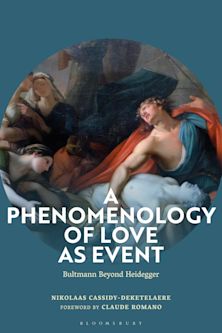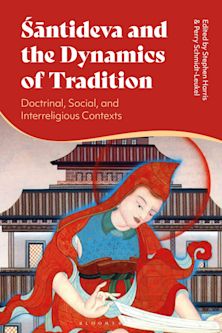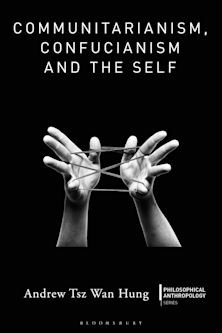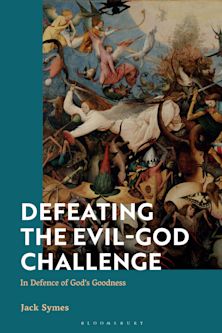- Home
- ACADEMIC
- Philosophy
- Philosophy of Religion
- Well-Being and Theism
For information on how we process your data, read our Privacy Policy
Thank you. We will email you when this book is available to order
You must sign in to add this item to your wishlist. Please sign in or create an account
Description
In the second part, Lauinger explores the question "What metaphysics best supports the claim that the vast majority of humans have the desires for friendship, accomplishment, health, etc., built into themselves?" It is argued that there are two general metaphysical routes that might convincingly be taken here, and that each one leads us toward theism.
Table of Contents
Part One: The No Priority Theory
Chapter One: General Remarks on Theories of Well-Being
Chapter Two: Desire-fulfillment Theories
Chapter Three: Objective List Theories
Chapter Four: The No Priority Theory
Chapter Five: Hybrid Theories in General
Part Two: What Metaphysics Best Supports the Proposed Account of Well-Being?
Chapter Six: An Evolutionary Grounding for the No Priority Theory
Chapter Seven: An Aristotelian Grounding for the No Priority Theory
Chapter Eight: On Desires as Infinite in Character
Conclusion
Bibliography
Product details
| Published | Jul 12 2012 |
|---|---|
| Format | Ebook (PDF) |
| Edition | 1st |
| Extent | 224 |
| ISBN | 9781441191717 |
| Imprint | Continuum |
| Series | Continuum Studies in Philosophy of Religion |
| Publisher | Bloomsbury Publishing |
About the contributors
Reviews
-
"In Well-Being and Theism, William Lauinger defends a new and provocative theory of human well-being-the desire-perfectionist view. His account draws on insights from the objective list and desire-fulfillment traditions, while challenging key assumptions of these views. In this way, Lauinger seeks to move beyond the long-standing impasse between these approaches and break new ground with his own theory. As his argument progresses, Lauinger introduces several distinctions which will be of interest to all theorists of well-being. He also connects the well-being debate to recent developments in psychology, metaethics, and the philosophy of religion. Full of examples from everyday life, Lauinger's volume is a pleasure to read and a welcome contribution to the well-being debate." -- Christopher M. Rice, Professor of Philosophy, Fordham University, USA



































